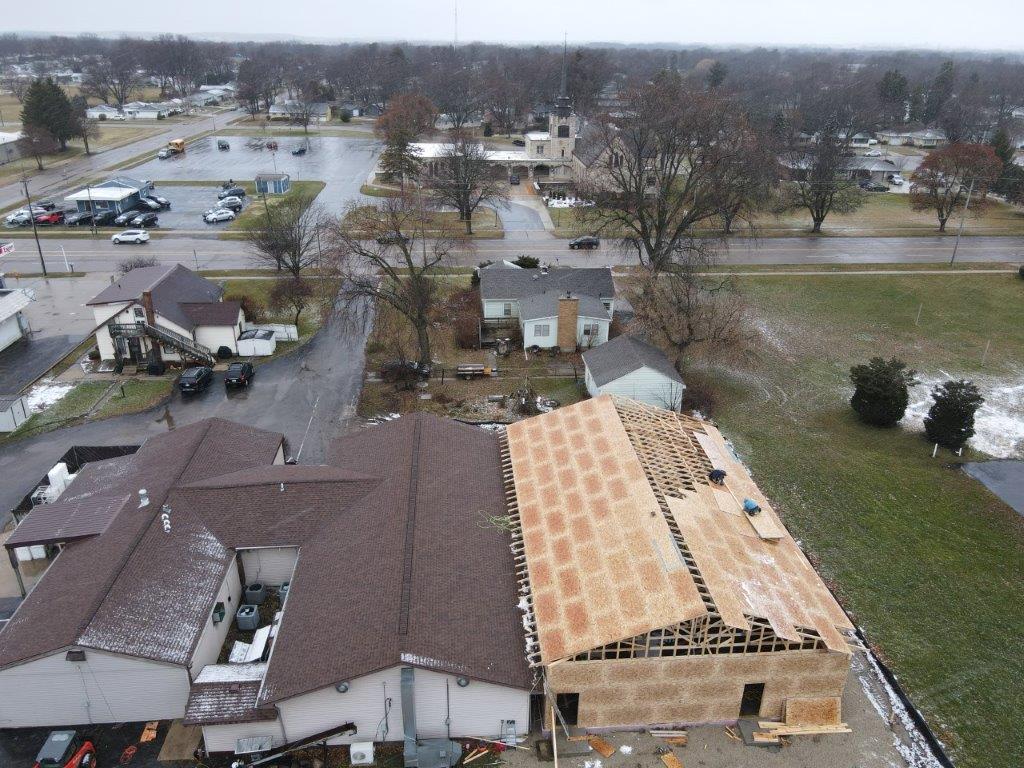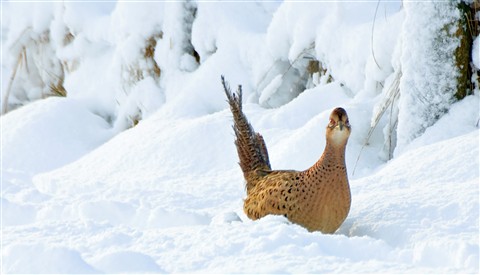How We Prepare For Brooding Our Chicks
Once our brooding season is complete, we still have work to do at MacFarlane Pheasants. This year’s major off-season projects were deep cleaning, maintenance, and organization. Brian Davis, our Brooder manager, explains our reasoning perfectly. “Deep cleaning adds integrity to our biosecurity plan and helps our equipment run properly. Organization and equipment inventory save people-hours, make us more efficient, and keep us ready if we have an equipment breakdown during the season.”
This year our brooder crew removed lime and calcium scale from our watering equipment, to the point that most of our bell waterers look brand new. Our crew also took the time to fully fix or replace equipment that we have experienced problems with in the past. We always strive to improve our organization and have an inventory of emergency spare parts.
What are the critical factors as you planned the 2024 brooder season, Brian?
“We are still working through our plans for our 2024 Brooder season, but the big things include what barns will house what birds and how many? Does the current feed system support that kind of bird? What can we do to make life easier right now for future staff and birds? As staff gets allocated, who fits best for each brooding scenario? Where did we fail/struggle last season, and how can we improve? Other critical factors include a huge emphasis on water line sanitation and stress reduction for the birds. We met our mortality goal last season, but I want to do even better.”
Our brooder system is set up as an A/B system. Birds typically spend three weeks in the A room, and move to the B room for the final three to four weeks. We will brood 140,000 partridges and over 480,000 pheasants this year. We’ll run six barns of pheasants and two to three barns for partridges. There will be 10-12 full-time staff involved in the brooding process. Partridges will be brooded on our Center farm, and pheasants on our Oakhill farm, Milton farm, and Tumblebrook farm.
If you want know more about brooding chicks, please email Brian Davis at b.davis@pheasant.com. He would be glad to help.

Related Posts
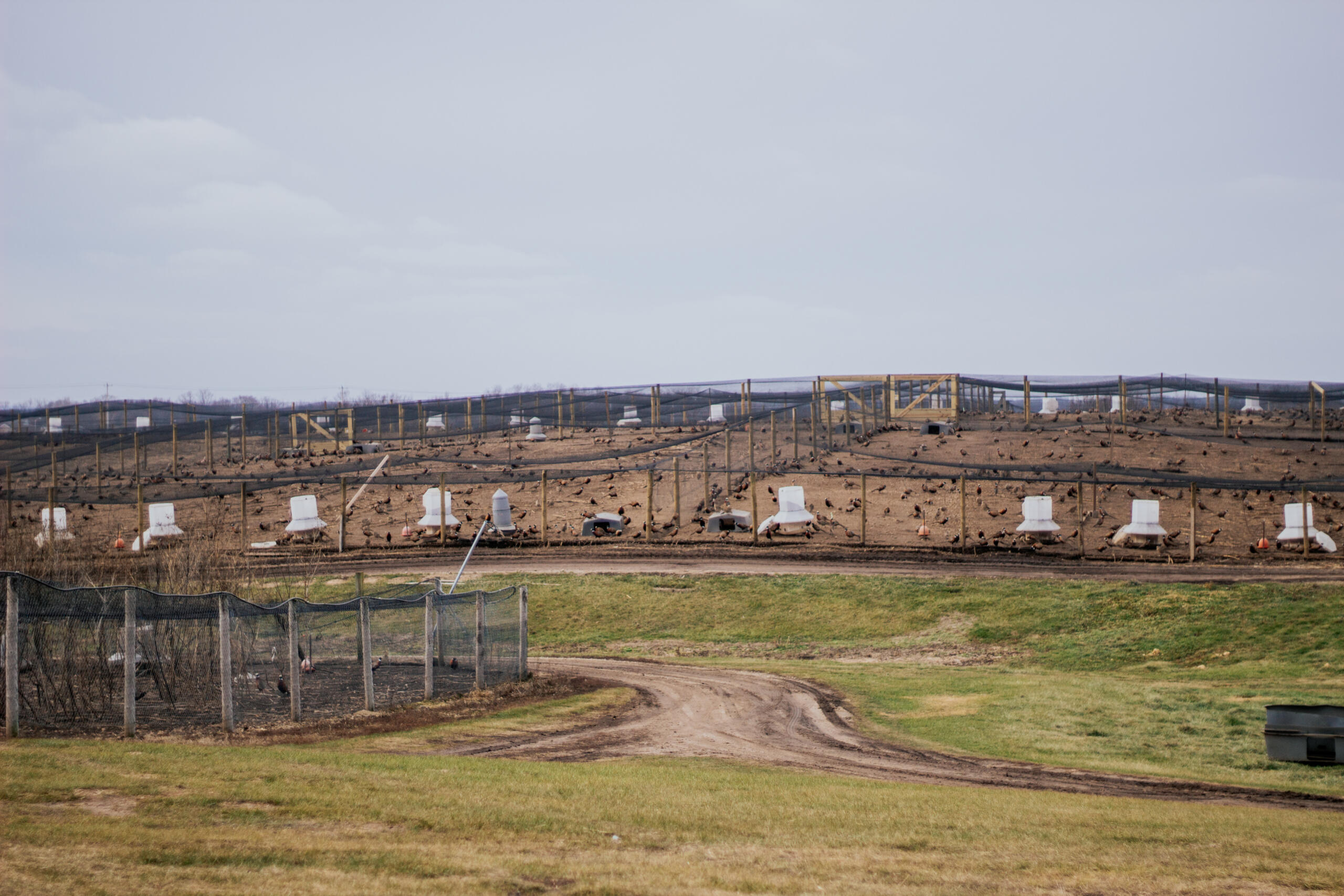
Preparing Our Barns & Pens Each Spring
Read Post
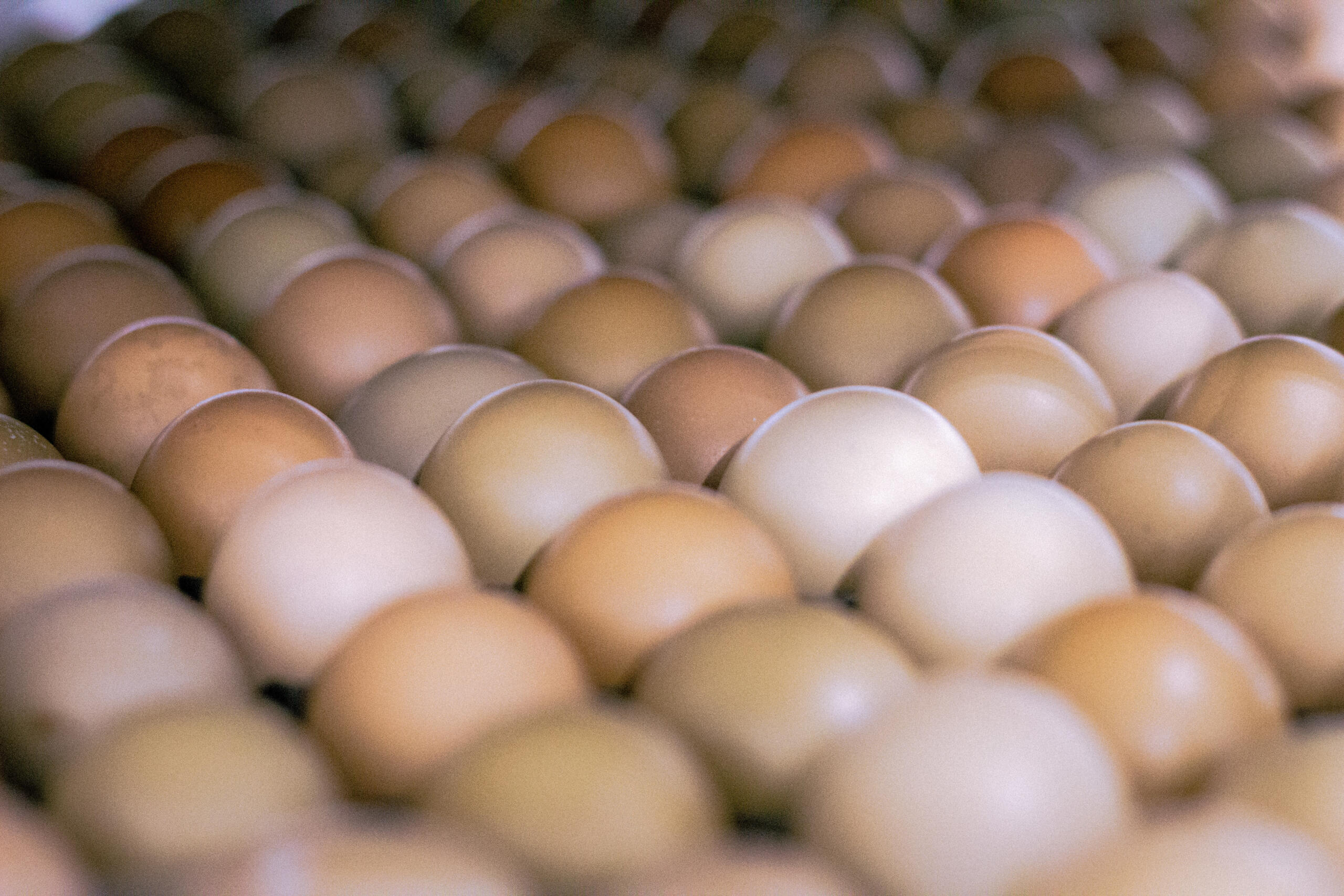
Incubation of Pheasant Eggs
Read Post
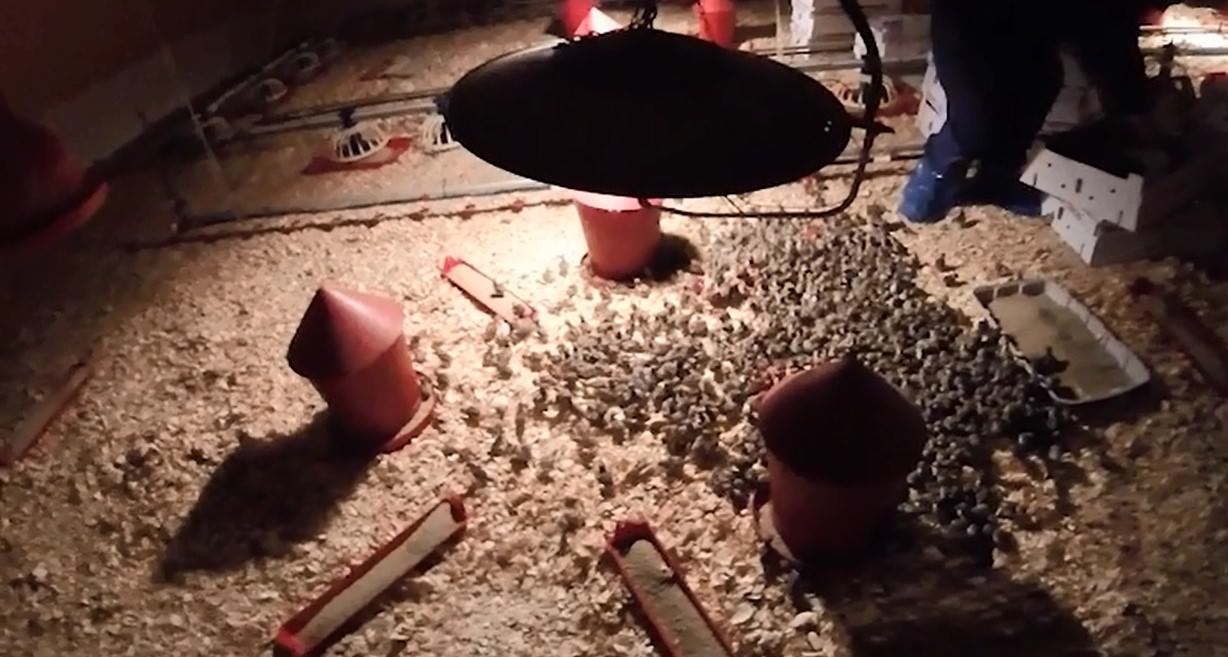
Interpreting Water Results
Read Post
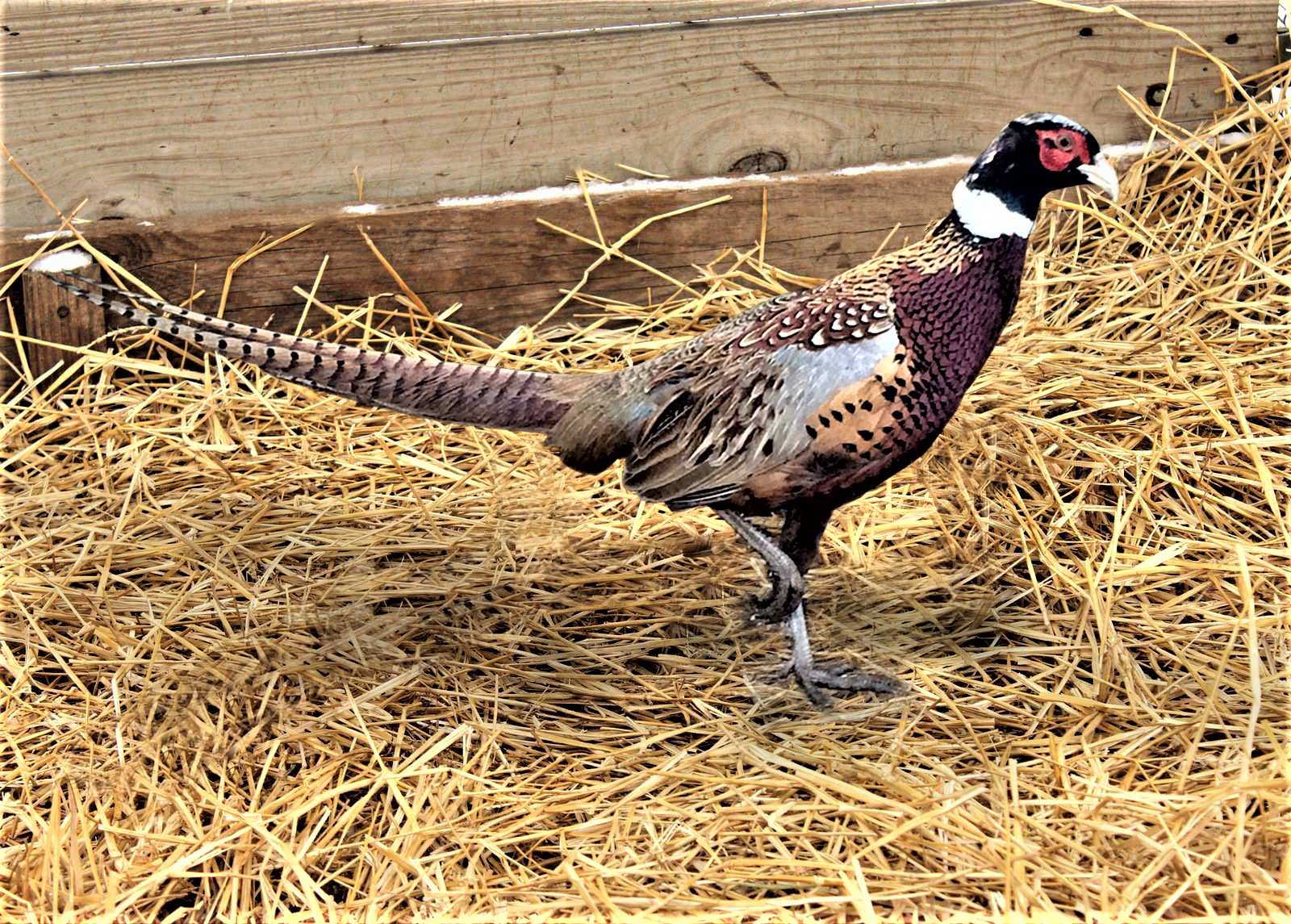
Our Milton Farm in 2024!
Read Post

10 Ways To Get the Most Out Of Brooder Barns
Read Post
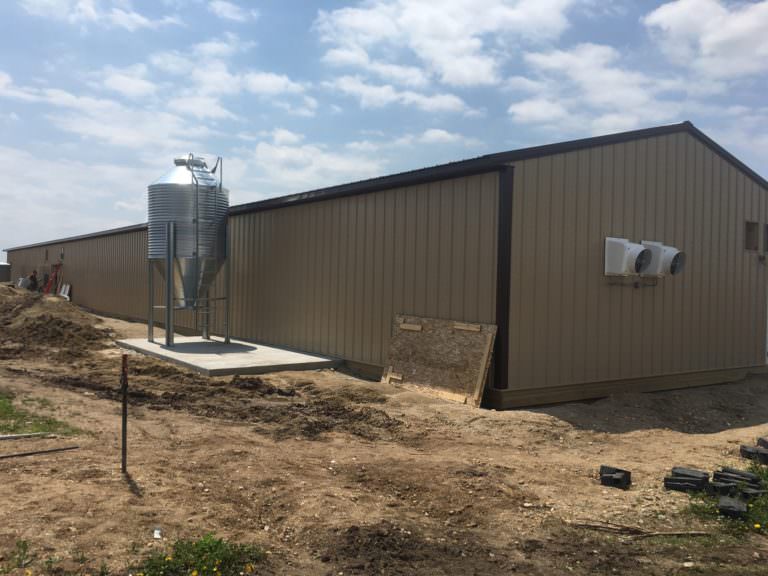
Air Flow in Barns
Read Post
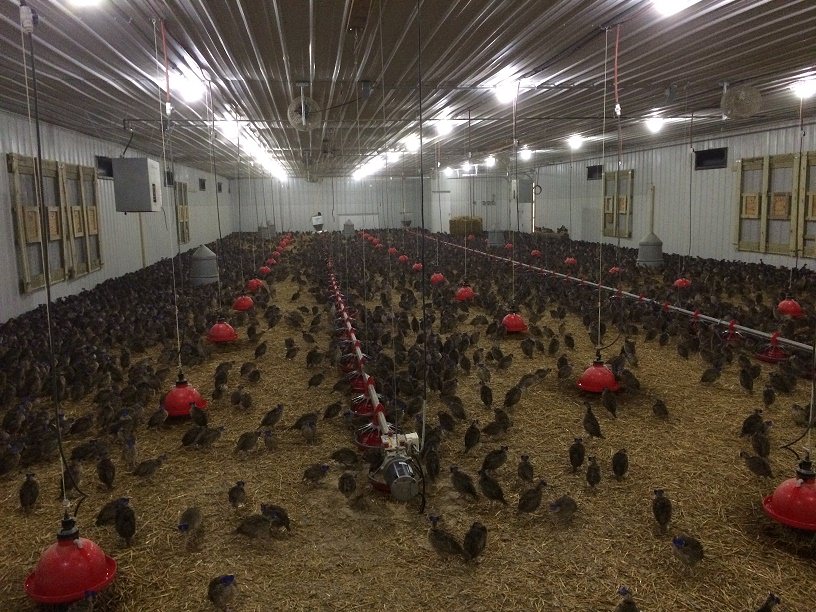
Barn Maintenance at MacFarlane Pheasants’ Milton Farm
Read Post
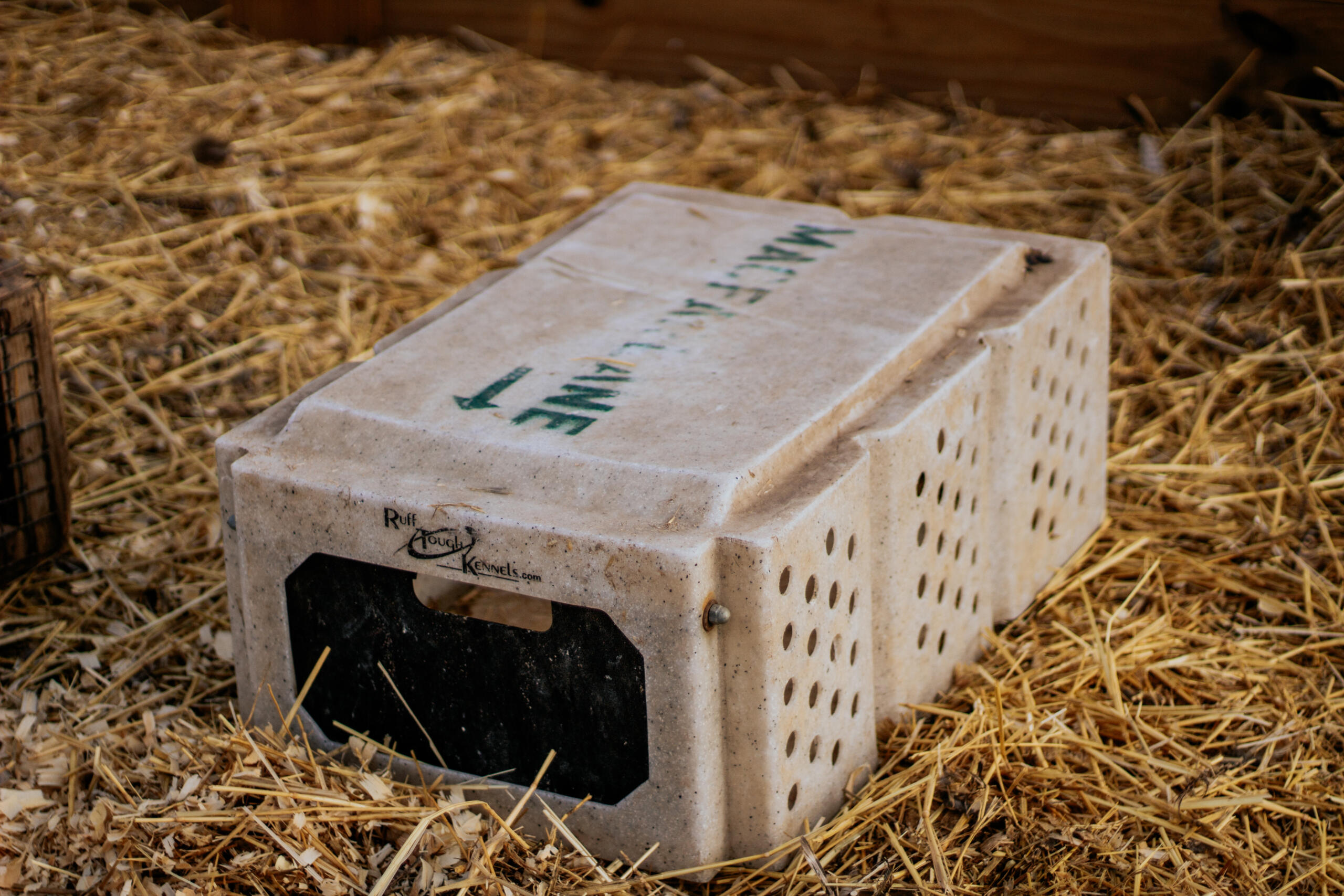
Best Bedding for Pheasants
Read Post
Take Advantage of These Free Resources
As the biggest game bird farm in the United States, we want to share our experience with you. Download our free resources below and get started.

